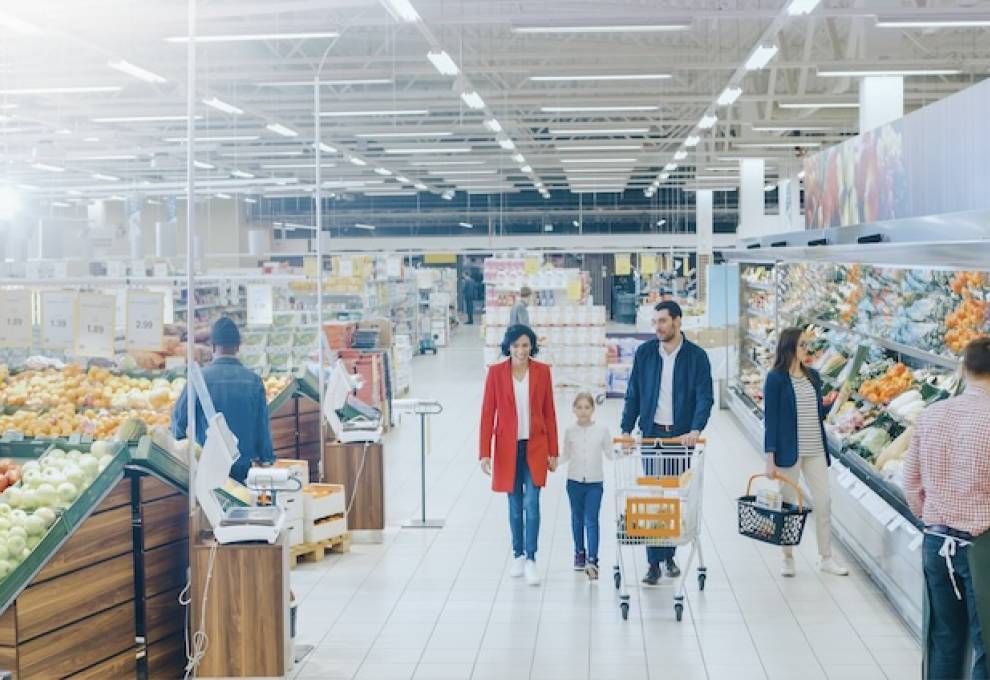
The Sustainable Produce Packaging Alignment (SPPA), a consortium of North American fresh produce industry leaders, has published its "Roadmap to Sustainable Fresh Produce Packaging: A Guide to Reducing Food Waste, Mitigating Emissions, and Enabling Sustainable Fresh Produce Supply Chains." This pivotal guide aims to create a unified, industry-wide approach to more functional, economical and sustainable packaging.
A diverse group of fresh produce industry experts developed the roadmap, spearheaded by Western Growers and the Canadian Produce Marketing Association (CPMA), supported by Qfresh Lab. The roadmap confronts the complex and often contradictory challenges facing the fresh produce sector, including a fragmented regulatory landscape, contradictory buyer requirements and the performance gap between conventional and alternative packaging materials.
A central theme of the report is the concept of "Functional Sustainability," which advocates for a holistic evaluation of packaging based on its performance throughout the entire supply chain, rather than focusing predominantly on its end-of-life disposal. The authors argue that a narrow focus on recyclability or compostability can paradoxically increase food waste and greenhouse gas emissions.
"The fresh produce industry is at a critical inflection point, and this roadmap provides a much-needed, science-based path forward," said Denis Nuxoll, vice president, Federal Government Affairs at Western Growers. "It champions the principle that the most sustainable package is the one that effectively prevents food waste. By prioritizing functionality, we safeguard the immense environmental resources invested in growing fresh produce and ensure it reaches the consumer safely and with the highest quality."
"Collaboration and harmonization are essential to navigating the current landscape," stated Ron Lemaire, president, Canadian Produce Marketing Association (CPMA). "This roadmap provides a framework for the entire supply chain to work together on pragmatic, aligned policies. It’s about moving beyond single-issue debates and toward integrated solutions that deliver genuine environmental and economic benefits. By advocating for policies such as Extended Producer Responsibility schemes that recognize and prioritize the reduction of food waste, we can drive meaningful change."
Key recommendations from the "Roadmap to Sustainable Fresh Produce Packaging" include:
• Committing to Functional Sustainability: Prioritizing a package's ability to protect and preserve the food it contains as the most critical element of its sustainability.
• Driving Targeted Innovation: Investing in new materials and technologies tailored to the specific needs of different produce commodity groups.
• Advocating for Pragmatic Policy: Working collectively for science-based regulations that reward positive environmental outcomes, such as reduced food waste.
The roadmap also introduces a novel approach of grouping fresh produce commodities by shared functional requirements (Robust, Resilient, Delicate, and Highly Perishable) to promote innovation and enhance supply chain efficiency. “Packaging functionality, throughout its life, must be considered in any sustainable packaging offering. Sustainable packaging alternatives must look at both the end-of-life strategy as well as the requirements of that package throughout the entire supply chain. You cannot compromise the packaging functionality for the end-of-life strategy,” stated Jeff Brandenburg, founder of Qfresh Lab.
The full "Roadmap to Sustainable Fresh Produce Packaging" is available for industry stakeholders. To read the full report, visit www.sustainableproducepackaging.org
Source: Canadian Produce Marketing Association September 30, 2025 news release

